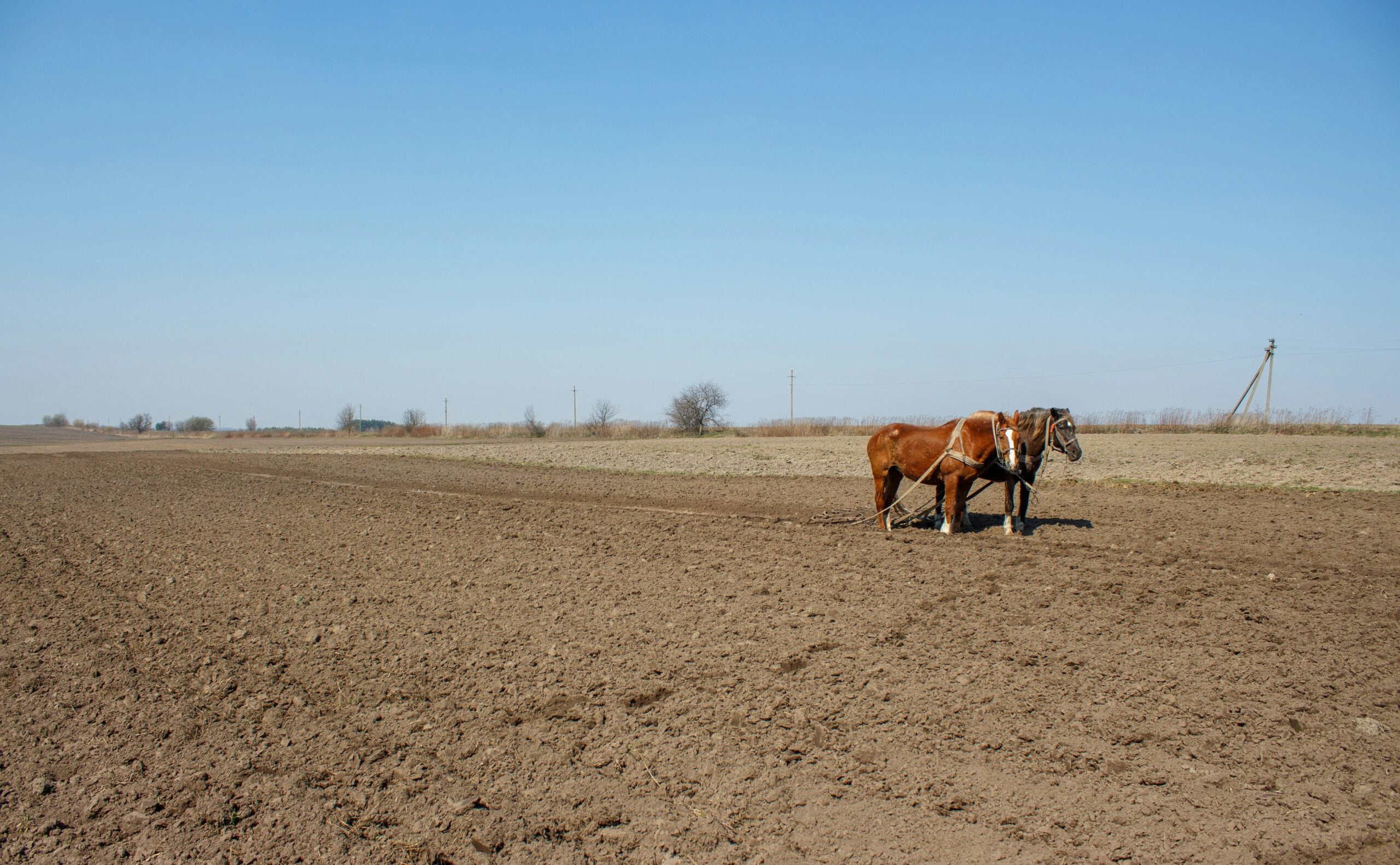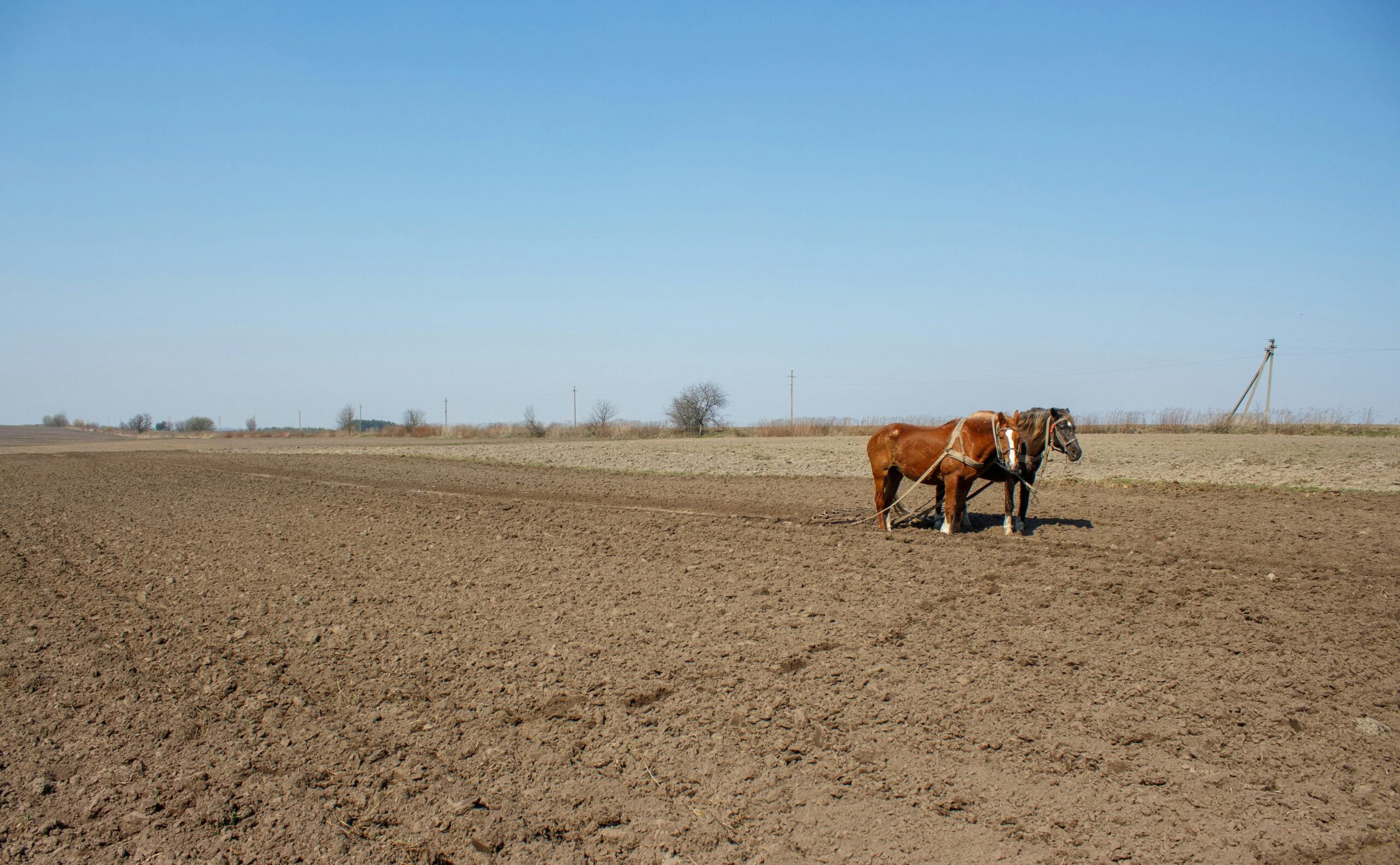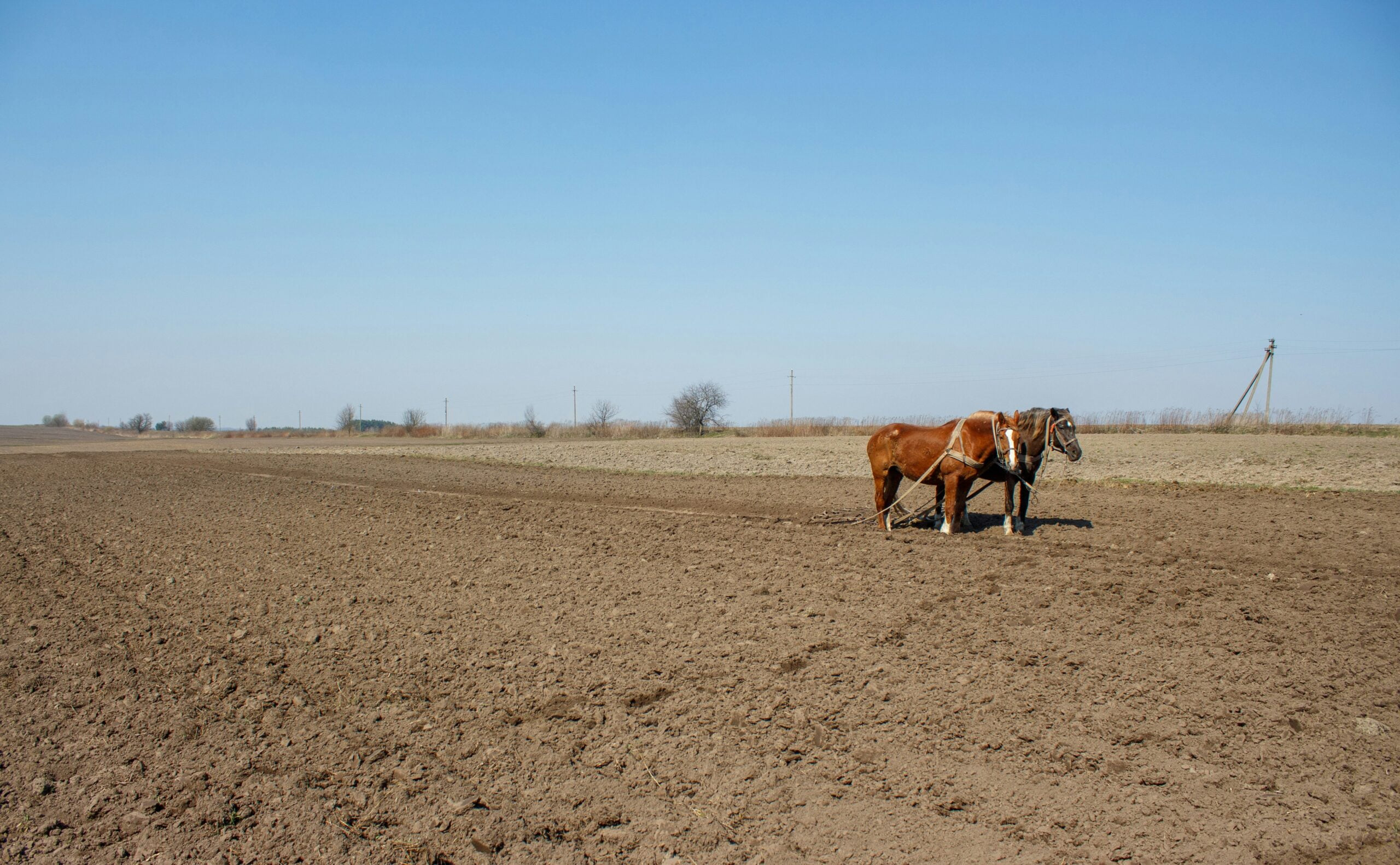Introduction to Farm Jobs in Canada
The agricultural sector is pivotal to the Canadian economy, contributing significantly to the country’s GDP. Canada’s vast landscape, encompassing fertile plains, lush valleys, and conducive climates, makes it one of the global leaders in agricultural production. From producing staple crops like wheat and canola to maintaining extensive livestock operations, Canadian farms are diverse in their offerings and needs.
Agricultural work in Canada encompasses a wide range of job opportunities. Individuals seeking farm employment can find positions in planting, which involves prepping the soil, sowing seeds, and nurturing young plants. Harvesting, another crucial task, entails collecting mature crops, ensuring they are ready for market. Additionally, livestock management roles focus on the care, feeding, and health monitoring of animals such as cattle, poultry, and pigs. Farm equipment operators are also in demand, as modern agriculture relies heavily on machinery for efficiency. These roles require skills in handling, maintaining, and sometimes repairing farming equipment.
The nature of farm jobs is largely seasonal, driven by the cycles of planting and harvesting. The peak seasons, typically spring, and fall, see a heightened demand for skilled and unskilled labor. During these times, workers are needed to assist with various farm operations, from fieldwork to equipment operation. This seasonal demand creates numerous temporary job opportunities that can be ideal for students, temporary workers, or those seeking short-term employment experiences in agriculture.
The diverse farm jobs available across Canada provide a glimpse into the multifaceted nature of its agricultural sector. Understanding the types of tasks involved and the cyclical nature of demand can help job seekers prepare better for opportunities in this vital industry. Whether it’s a short-term stint during the harvest season or a more stable position in livestock management, farm jobs in Canada offer a unique chance to be part of an essential and dynamic sector.
Understanding Canadian Work Visa Requirements
To secure farm job openings in Canada, it is essential to understand the various visa options available. Primarily, foreign workers in the agricultural sector typically rely on either the Temporary Foreign Worker Program (TFWP) or the Seasonal Agricultural Worker Program (SAWP). Each program has unique eligibility criteria, application processes, and documentation requirements that candidates must fulfill to obtain employment legally.
The TFWP is designed to address short-term labor shortages in Canada by allowing employers to hire foreign workers temporarily. Applicants under this program must secure a job offer from a Canadian employer, who in turn needs a positive Labour Market Impact Assessment (LMIA). This assessment demonstrates that hiring a foreign worker will not negatively impact the Canadian labor market. Candidates must have the necessary qualifications for the job, including skills and experience, and they are required to apply for a work permit through Immigration, Refugees, and Citizenship Canada (IRCC).
The SAWP, on the other hand, specifically caters to agricultural workers from countries that have bilateral agreements with Canada, such as Mexico and certain Caribbean nations. The program allows employers to hire seasonal workers for up to eight months per year to fill labor shortages during peak planting and harvesting seasons. Eligibility criteria include having prior experience in agriculture and being at least 18 years old. Workers must apply for a work permit and provide supporting documents like a valid job offer, proof of their home country’s citizenship, and a clean criminal record.
Recent changes in immigration policies have affected farm job seekers. For instance, updates to the TFWP now emphasize employer compliance with working conditions and wages, adding more scrutiny to the LMIA process. Additionally, the SAWP continuously evolves to improve worker protections and address emerging needs in the agricultural sector.
Understanding these visa requirements and keeping abreast of any policy changes are crucial steps for anyone aiming to find farm job openings in Canada. It ensures a smoother application process and adherence to legal standards, ultimately facilitating a successful transition to working in the Canadian agricultural industry.
Identifying Key Regions for Farm Work
The agricultural landscape of Canada is diverse, with distinct regions exhibiting unique farming practices and demands for farm workers. Among the key regions known for their significant demand for farm labor, Ontario, British Columbia, Alberta, and Quebec stand out due to their varied agricultural activities and climatic conditions.
Ontario is a leading region for fruit and vegetable farming, particularly in the fertile Niagara Peninsula, where the microclimate favors a wide variety of produce. Southwestern Ontario is also prominent for its dairy farming, supported by the region’s moderate climate and well-distributed rainfall.
In British Columbia, the Okanagan Valley is well-known for its vineyards and orchards, producing a substantial amount of Canada’s fruit and wine. The Fraser Valley, with its mild coastal climate, is renowned for vegetable and berry farming, necessitating a considerable number of seasonal workers during harvest periods.
Alberta is pivotal for livestock ranching, particularly beef cattle farming, and grain production. The prairies, benefiting from long sunny days in the summer, are ideal for growing wheat, barley, and canola. The region’s semi-arid to subhumid climate provides a balance conducive to both crop farming and ranching activities.
Quebec is diverse in its farming practices, with significant sectors in dairy farming, hog production, and fruit cultivation, particularly apples and berries. The province’s temperate climate, with its distinct seasonal changes, supports a variety of agricultural activities throughout the year.
The climatic variations across these regions significantly influence the types of farming and the seasonal cycles of work. Understanding these distinctions can help applicants identify the best regions for farm job openings aligned with their skills and preferences.
Utilizing Online Job Boards and Websites
Navigating the Canadian agricultural job market has been significantly streamlined by utilizing online job boards and websites. Among the most reputable platforms dedicated to farm job openings in Canada are AgCareers.com, Workopolis, and the Government of Canada Job Bank. Each of these websites offers a broad spectrum of employment opportunities tailored to the agricultural sector, making them indispensable resources for job seekers.
AgCareers.com stands as a premier portal for those pursuing agricultural careers. With its extensive database of job listings, this platform provides a user-friendly interface that allows for easy navigation and refined searches. Users can filter jobs based on parameters such as location, type of employment, and specific agricultural sectors, ensuring that you find the job that aligns with your expertise and preferences.
Similarly, Workopolis offers a comprehensive listing of farm job openings across Canada. It provides advanced search filters that can shorten your job search time effectively. By creating a detailed and captivating profile on Workopolis, you enhance your visibility to potential employers. Accurate, professional, and keyword-rich profiles are more likely to attract agricultural employers looking for qualified candidates.
The Government of Canada Job Bank is another vital resource when searching for farm job openings. This official platform not only lists current job vacancies but also provides labor market information, which can be beneficial in understanding job trends and salaries in the agricultural sector.
To maximize your job search effectiveness on these platforms, use relevant keywords like “farm worker,” “agricultural technician,” or “crop production” in your searches. It is also advantageous to utilize search filters to narrow down opportunities by province, job duration, and experience level. Crafting a compelling online profile is crucial; it should highlight your skills, experience, and any agricultural certifications you possess.
In essence, leveraging online job boards and websites is a strategic move when seeking farm job openings in Canada. These platforms not only offer a plethora of job listings but also provide valuable tools and insights to streamline your job search and application process. By using effective search terms and creating a standout profile, you can significantly increase your chances of securing a rewarding position in the Canadian agricultural industry.
Networking and Professional Associations
Networking plays a crucial role in finding farm job openings in Canada. Establishing connections within the agricultural community can significantly enhance job seekers’ chances of securing employment opportunities. Networking allows individuals to exchange information, gain insights, and build relationships with industry professionals, which can lead to job referrals and insider information about job openings.
One effective way to network is through professional associations. These organizations serve as platforms for individuals to meet and collaborate with like-minded professionals. Key professional associations in Canada’s agricultural sector include the Canadian Federation of Agriculture (CFA) and various provincial farming associations. The CFA represents farmers and farm organizations nationwide, advocating for policies that benefit the agricultural industry. Joining such associations can provide access to exclusive job postings, industry news, and networking events.
Provincial farming associations, such as the Ontario Federation of Agriculture or the British Columbia Agriculture Council, offer localized insights and opportunities specific to their regions. These associations often host events and workshops that can help job seekers connect with local employers and industry experts. Being an active member of such organizations demonstrates a commitment to the agricultural field and can make job applicants more attractive to potential employers.
Attending industry events, job fairs, and conferences is another valuable strategy for networking. These gatherings bring together various stakeholders, including farmers, agricultural companies, and service providers. They provide a conducive environment for job seekers to introduce themselves, discuss their skills and experiences, and learn about current employment opportunities. Events such as the Canadian Farm Progress Show or the Royal Agricultural Winter Fair are excellent venues for meeting potential employers and staying updated on industry trends.
Incorporating networking and participation in professional associations can significantly enhance one’s job search in the agricultural sector. By actively engaging with these platforms, job seekers can gain critical information, develop professional relationships, and ultimately increase their chances of finding farm job openings in Canada.
Approaching Farms Directly
Identifying and approaching farms directly for job opportunities can be a proactive and effective strategy in your search for farm work in Canada. This method allows you to access unadvertised positions and establishes a direct relationship with potential employers. To get started, create a targeted list of farms that align with your interests and skills. Research the types of crops or livestock they manage, their seasonal hiring needs, and their geographical locations. Websites like Agriculture and Agri-Food Canada or provincial agriculture boards can be valuable resources for this research.
Once you have compiled your list, the next step is to craft a professional email or letter of inquiry. Your correspondence should begin with a brief introduction, stating who you are and your purpose for contacting them. Clearly outline your relevant experience and skills, and express your genuine interest in working at their farm. Demonstrate knowledge of their operations to show that your inquiry is personalized and well-researched. Be concise but informative, highlighting why you would be a valuable addition to their team.
Here is a suggested structure for your inquiry letter or email:
- Introduction: Briefly introduce yourself and your background.
- Body: Explain your interest in their farm, relevant skills, and experience.
- Closing: Express your willingness to provide more information or meet for an interview.
After sending out your inquiries, it is crucial to follow up with the farms. A polite follow-up email or phone call can demonstrate your enthusiasm and prompt a response from busy farm managers. Keep your follow-up concise, reiterating your interest and asking if they have had a chance to review your initial inquiry.
By approaching farms directly, you do more than just apply for a job; you actively engage with potential employers and show initiative. This method can reveal job openings that are not publicly advertised and allow you to make a positive impression, increasing your chances of securing meaningful employment in the Canadian agricultural sector.
Leveraging Social Media Platforms
In today’s digital age, social media platforms serve as vital tools for individuals seeking employment opportunities, including farm job openings in Canada. LinkedIn, Facebook, and Twitter are among the foremost platforms that can be effectively utilized for this purpose. These platforms offer networking possibilities, access to job listings, and avenues for engaging directly with potential employers.
On LinkedIn, it is beneficial to start by optimizing your profile to reflect your interest and experience in the agricultural sector. Join relevant groups such as “Agriculture Jobs Canada” and “Farm Jobs Network,” which frequently post job openings and foster networking among professionals. Following farm employers and participating in industry discussions can also keep you informed about job vacancies and emerging trends in the sector. Utilizing LinkedIn’s job search feature with keywords like “farm jobs” or “agriculture work” can yield targeted results tailored to your location preferences.
Facebook offers a community-driven approach to job hunting. By joining groups like “Farming Jobs in Canada” and “Rural Employment Opportunities,” you can access not only job postings but also advice and insights from fellow job seekers and industry veterans. Following pages of prominent agricultural businesses and organizations ensures you stay updated with their latest job opportunities. Engaging with posts by commenting and sharing relevant content can make you more visible to potential employers.
Twitter, on the other hand, can be a highly dynamic platform for job search if used judiciously. Following hashtags such as #CanadaFarmJobs, #AgJobs, and #FarmEmployment can lead to real-time updates on job openings. Engaging with tweets from agricultural companies and industry influencers helps build your online presence and can potentially lead to direct interactions with hiring managers.
Several successful job seekers have leveraged these platforms effectively. For instance, John Doe, an aspiring farmer, found his current position by consistently engaging with a farm’s social media page and applying through a job posting they shared on Facebook. Similarly, Jane Smith secured her agricultural internship via a LinkedIn job post she came across in a relevant group discussion.
Best practices for online networking include maintaining a professional online persona, actively participating in group discussions, and being responsive to direct messages from potential employers. Cultivating a robust online presence through these social media platforms can significantly enhance your chances of discovering and securing farm job openings in Canada.
Preparing for Interviews and Job Offers
Securing employment in the farming sector in Canada requires meticulous preparation for interviews and subsequent job offers. With a competitive job market, standing out during the interview process is crucial. The first step is to anticipate common interview questions. Employers often inquire about your experience with various farming practices, your ability to handle physically demanding tasks, and your proficiency in operating farm machinery. Questions may also delve into your understanding of seasonal farming cycles and your problem-solving skills in dealing with unexpected challenges. Preparing concise, relevant responses will allow you to showcase your expertise effectively.
Appropriate attire for farm job interviews should strike a balance between professionalism and practicality. While formal business attire is usually unnecessary, presenting yourself neatly in clean, presentable clothing is advisable. Opt for a simple yet tidy outfit that reflects your readiness to engage in physical work, such as well-fitted jeans and a collared shirt. The key is to appear dependable and ready for the tasks associated with farm work.
Demonstrating your relevant skills and experience is pivotal during the interview. Highlight your physical stamina by providing examples of your capacity to perform strenuous tasks over extended periods. Illustrate your familiarity with farming practices, whether it be soil management, crop rotation, or animal husbandry. Additionally, emphasize your competency in using agricultural machinery, detailing any certifications or hands-on experience you possess. This will reassure employers of your ability to contribute effectively to their operations.
Upon receiving a job offer, it’s essential to carefully review the terms and conditions. Ensure you understand the employment agreement, work hours, compensation, and any additional benefits. If certain aspects are unclear or seem inequitable, don’t hesitate to negotiate. Recruitment in the farming industry values transparent communication, and reasonable negotiations can lead to amicable agreements. For international applicants, finalizing visa arrangements is a critical step. Ensure your work permit aligns with Canadian regulations to avoid complications.
In the end, thorough preparation for interviews and prudent evaluation of job offers can significantly enhance your prospects in securing a fulfilling farm job in Canada. Taking these steps will ensure you are well-positioned to embark on a successful career in the agricultural sector.





